Leadership and Management: Theories, Approaches, and Comparison Report
VerifiedAdded on 2023/04/10
|6
|443
|232
Report
AI Summary
This report provides a comparative analysis of leadership and management, highlighting their distinct roles and responsibilities. It delves into various leadership theories, including situational, charismatic, and transformational leadership, discussing their key characteristics and practical applications. The report examines how leaders and managers approach problem-solving and decision-making, exploring the influence of different leadership styles on team dynamics and organizational outcomes. Furthermore, it explores the practical implications of these leadership approaches, providing examples of how these theories are applied in real-world scenarios, and offers a comprehensive understanding of effective leadership strategies and management practices.
1 out of 6
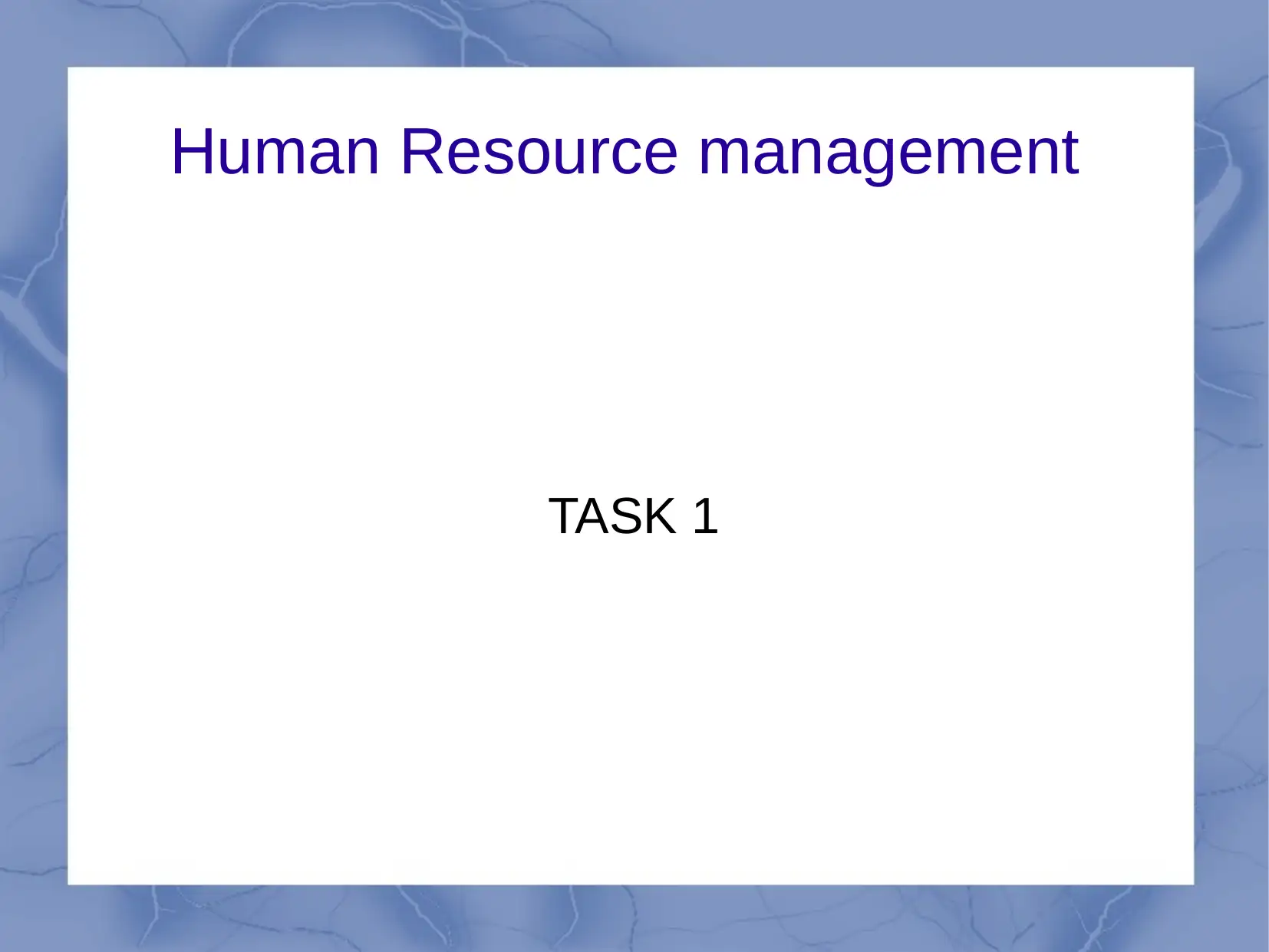
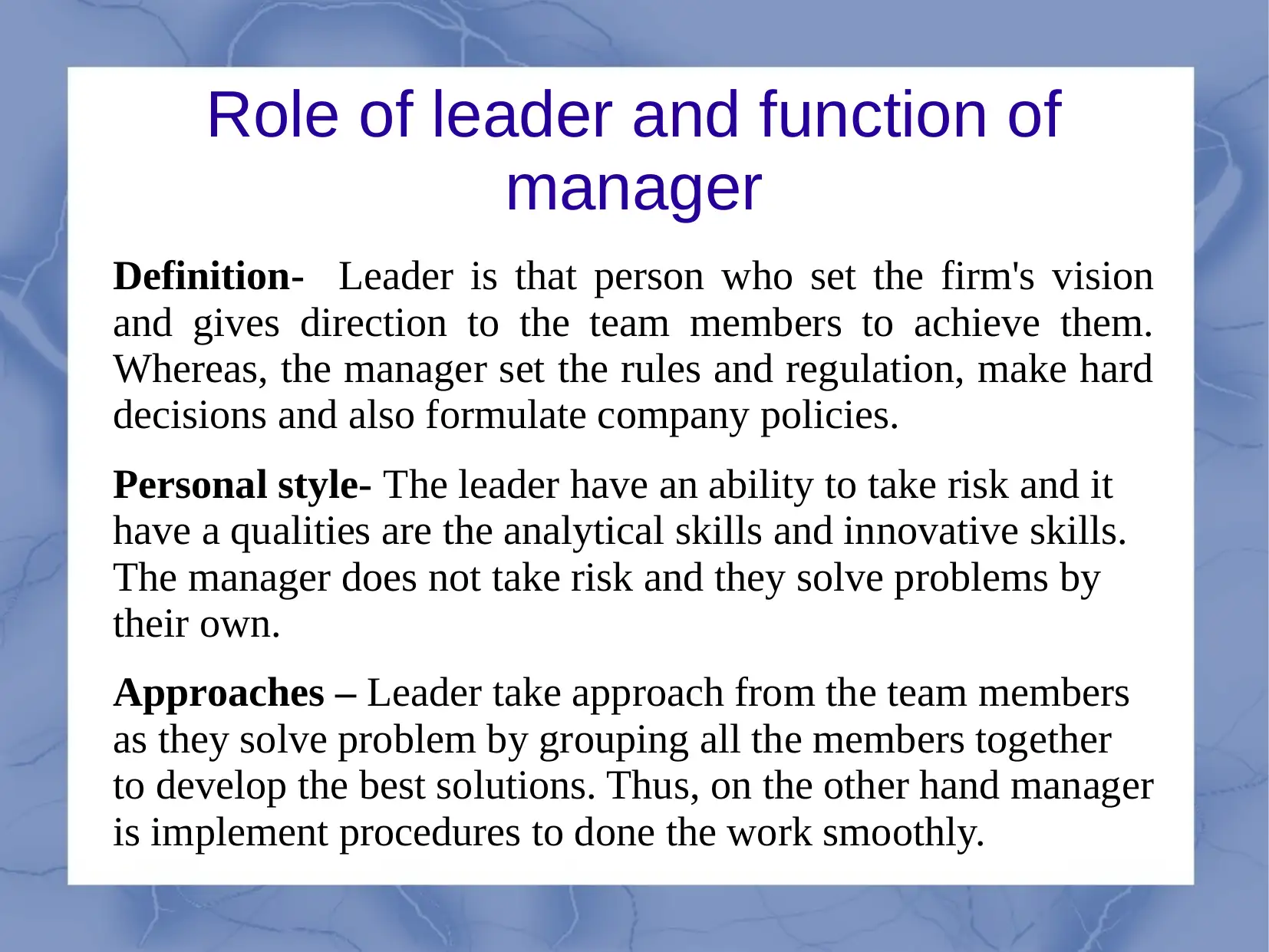
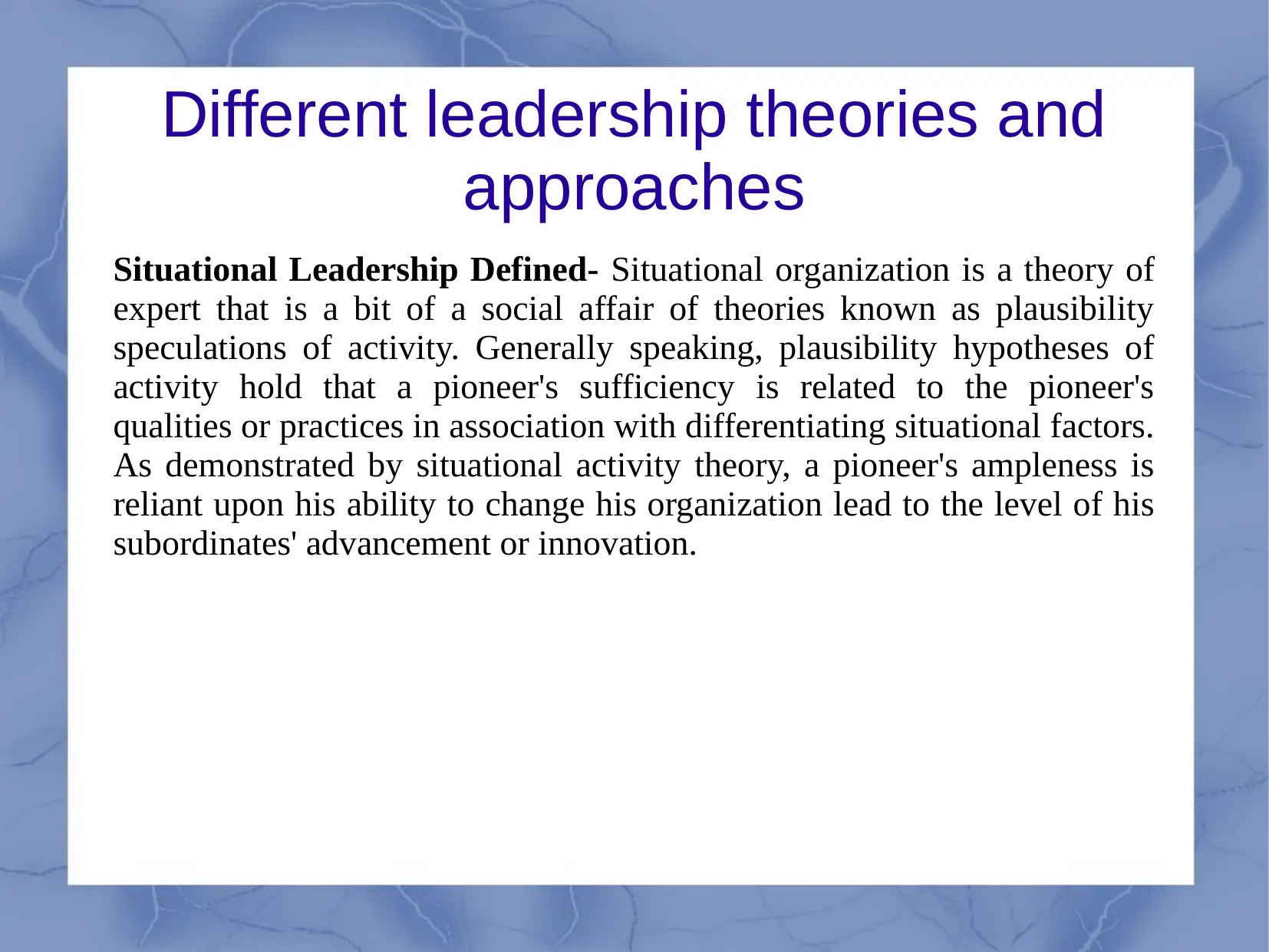

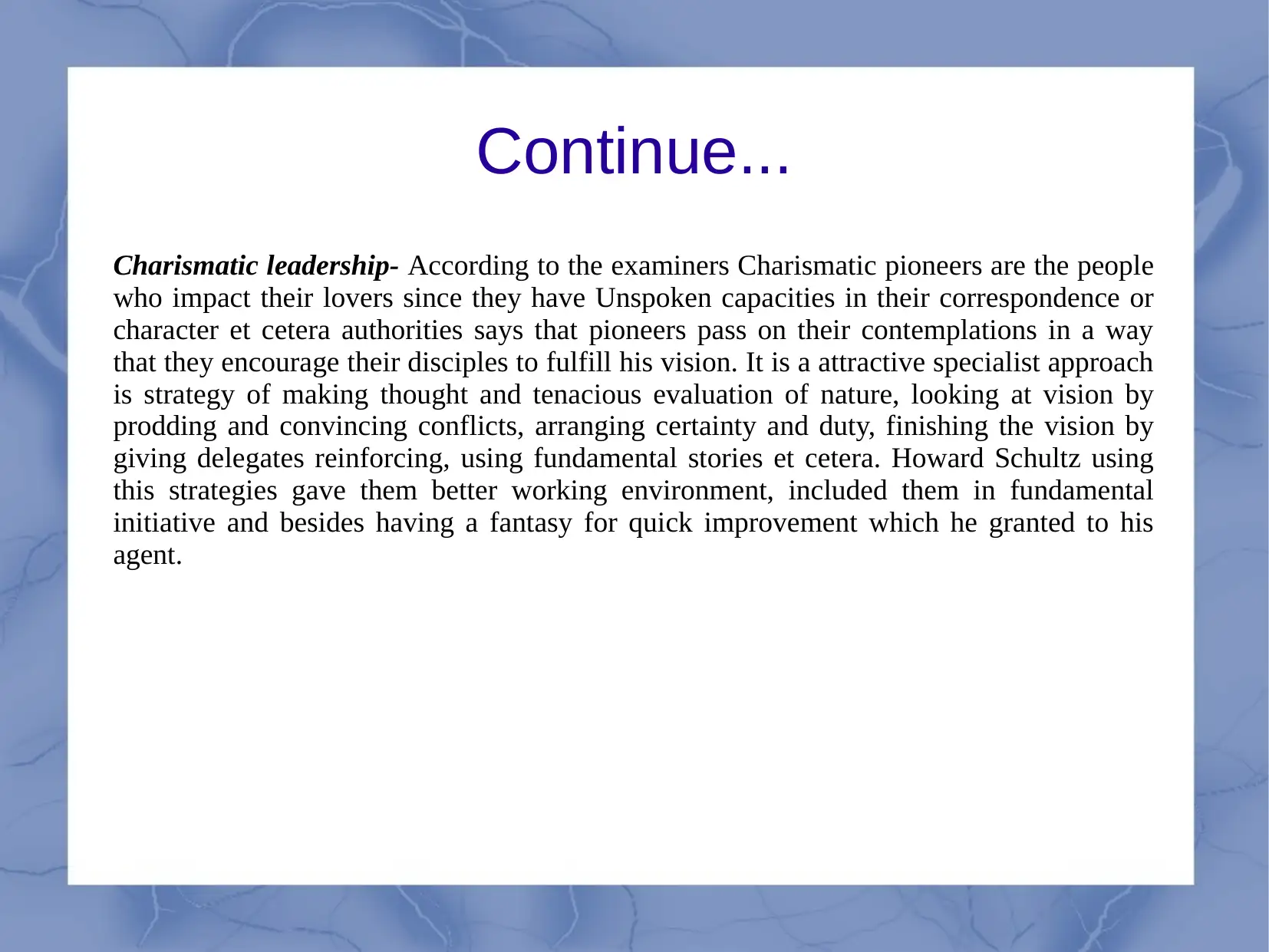
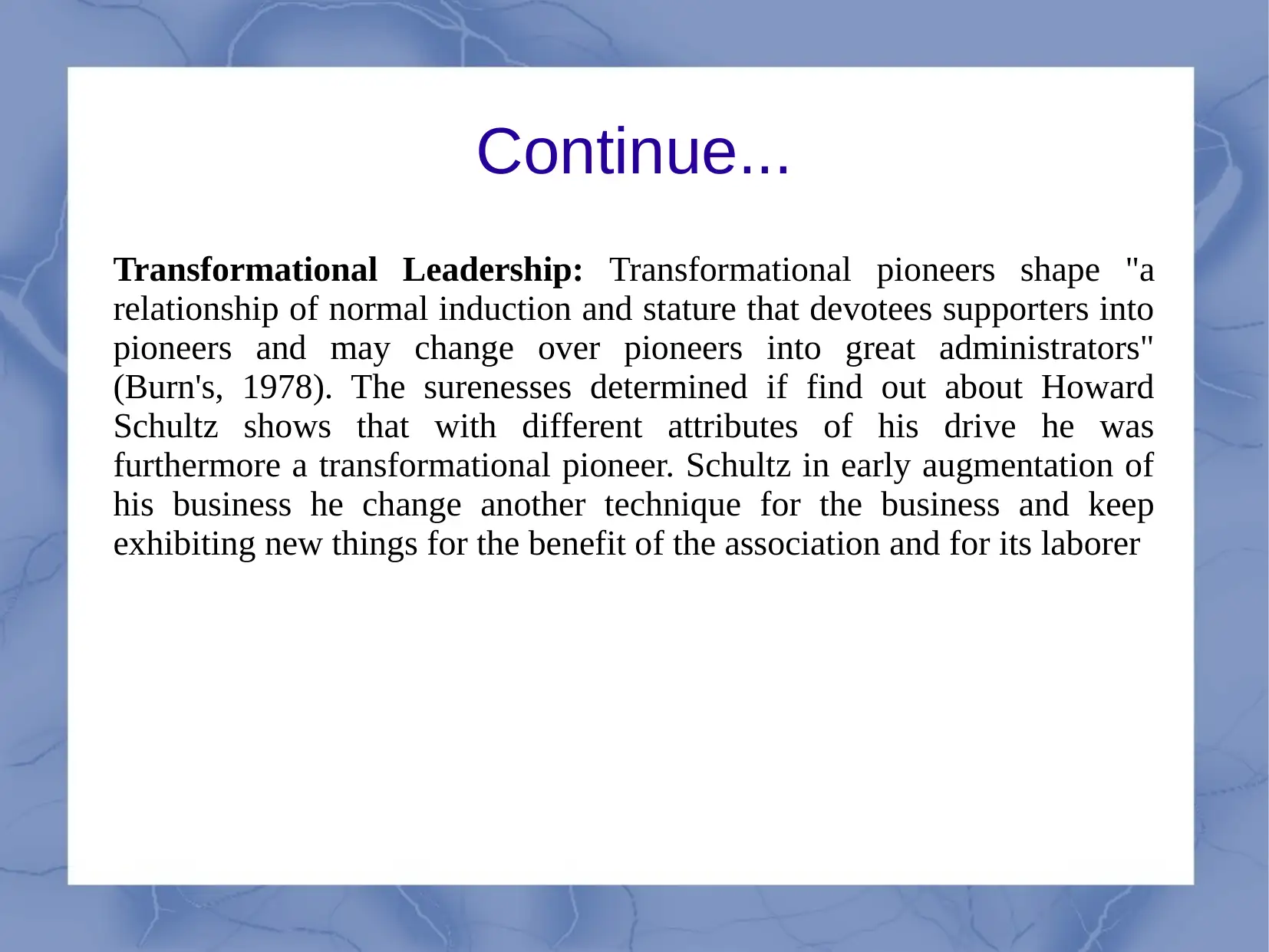
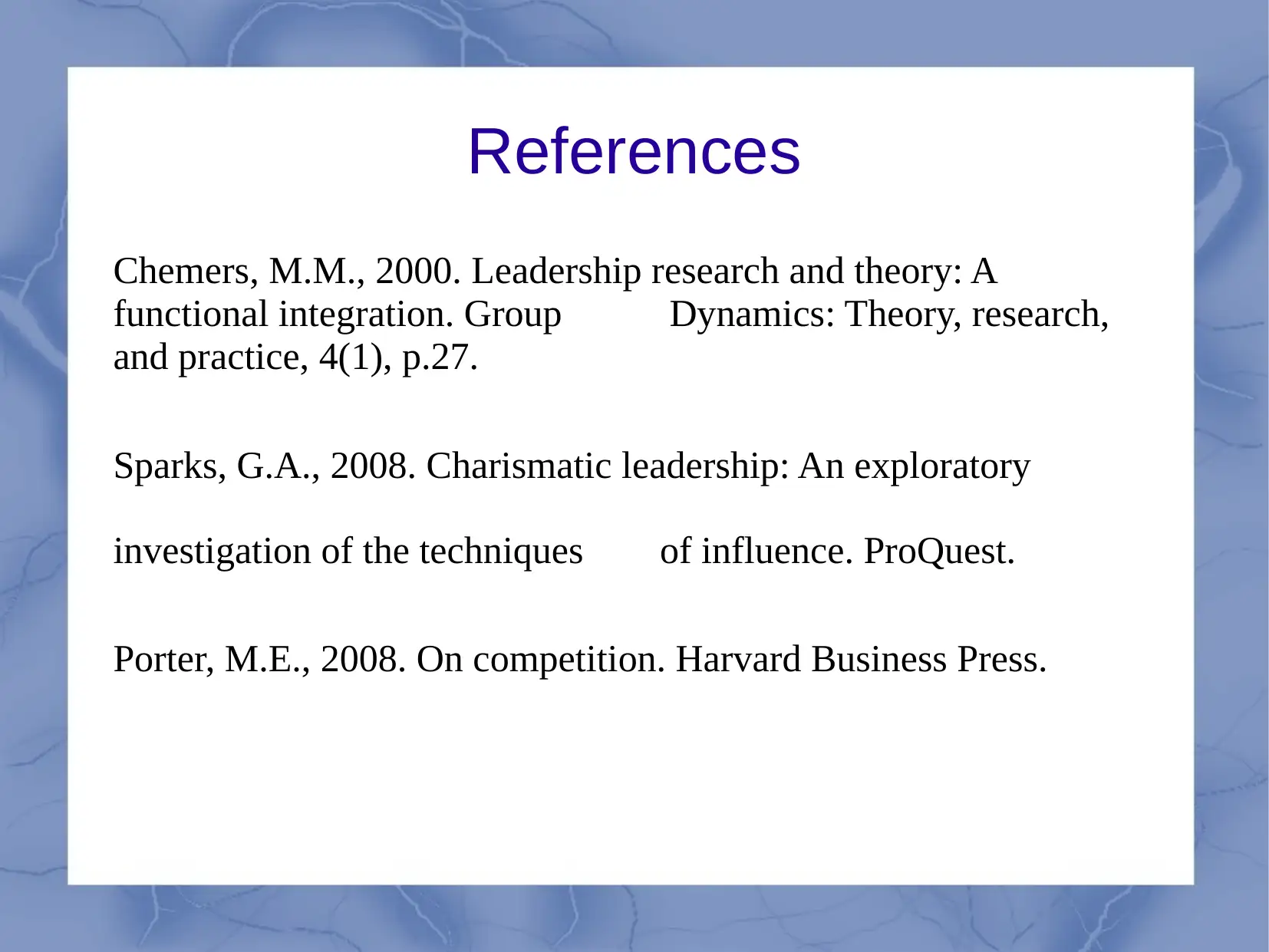






![[object Object]](/_next/static/media/star-bottom.7253800d.svg)